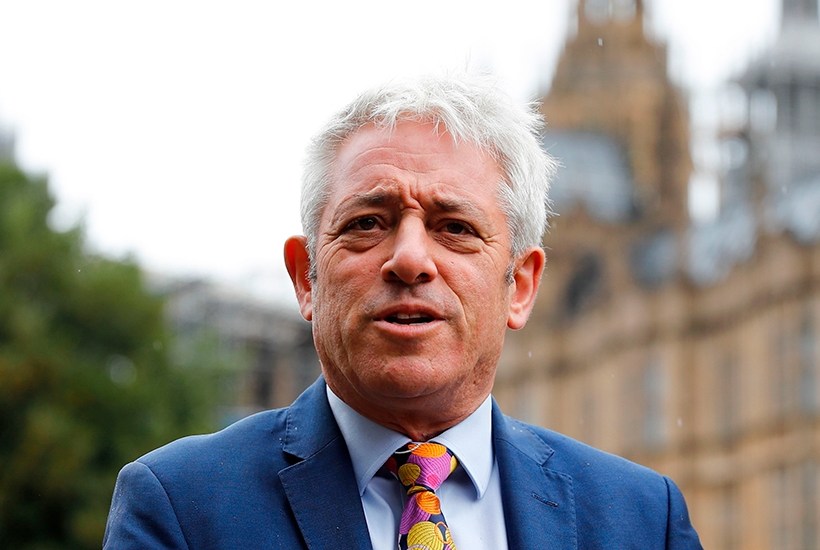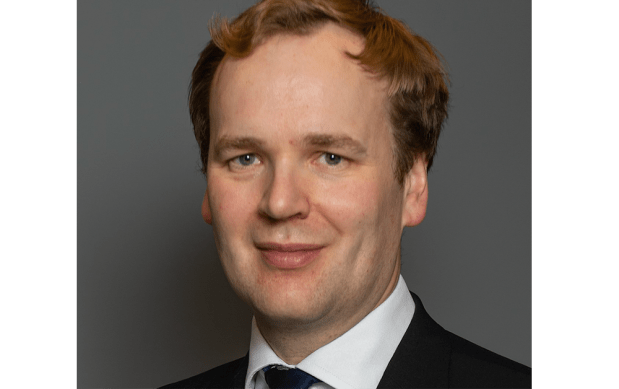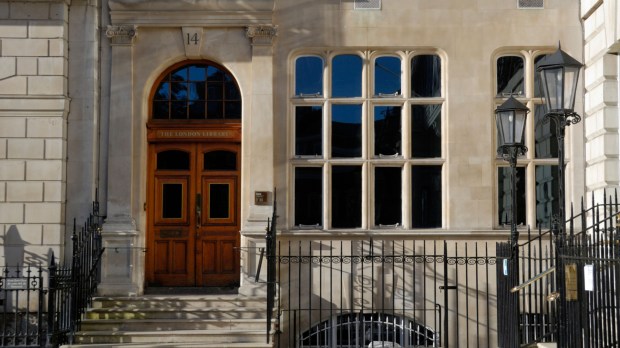There is much to be said for meritocracy, and Adrian Wooldridge, in his new book, The Aristocracy of Talent, says it very well. He is right: a society organised on anti-meritocratic principles will decay, making life worse for all, not just for the naturally successful. And yet I feel that meritocracy is inadequate. Most of us, sensing our lack of merit, feel left out. It takes small account of things that matter in real life — love of family and friends, relationships across generations, enduring ill health and bereavement, beauty, landscapes, animals, flowers, kindness, joy, pleasing idleness, traditions, prayer, being silly, jokes, song, meals, bed. Meritocracy rightly seeks results. But life is better understood as a predicament, not a race. The Book of Common Prayer asks God to consider us ‘not weighing our merits, but pardoning our offences’. Meritocratic leaders show less mercy, weighing our merits and finding Hillary Clinton’s famous ‘basket of deplorables’.
Wooldridge writes: ‘Few people would begrudge the meritocrats their success in wresting control of the civil service from dim-witted aristocrats in the mid-19th century.’ I suppose one must reluctantly agree. But at least dim-witted aristocrats are less likely to believe they are right about everything than brilliant brainboxes who, by their own efforts, have climbed to the top. Consequently, the dimwits are much less interfering. What shocked me about our meritocratic elites over Brexit was not that they supported Remain — a reasonable position — but that they despised Brexiteers and did everything they could think of, through civil service, courts, BBC and Mr Speaker Bercow, to reverse the voters’ decision. This arrogance of the successful is bad leadership: who will follow people merely because they are clever? A secret of monarchy’s popularity is that the royal family are not intellectual giants. The Queen’s leadership is based on service, not superior qualifications. It therefore commands unique trust.
In which context, it amuses me that the Electoral Reform Society, which is committed to proportional representation, devotes its most splenetic press releases to hereditary peers. The by-elections currently taking place among the surviving hereditaries in the House of Lords to elect replacements for dead colleagues provokes the ERS’s frenzy. It is, one must admit, comical that the voting constituencies for Labour and Liberal Democrat hereditaries consist of only four people each. But four are a lot more than none. The ERS does not acknowledge that these elections are the only faintly democratic aspect of the Lords, all the rest (including me) being appointed. ‘Just a few dozen aristocrats will decide who can sit in the House of Lords, voting on legislation for the rest of their lives… Eligible aristocrats submit manifestos of less than 75 words,’ rages the ERS. Since when were longer manifestos a sign of a healthy polity?
If you are wondering, by the way, where poor John Bercow is these days, look him up online. On Cameo, you can hire him to recite a short, personalised video message for a loved one for some special occasion. This will cost you ‘from £82.50’ — competitive against Donald Trump Jr at £375 or Sarah Palin (£149.25), but dearer than Nigel Farage at £75. A meritocratic fate, in the sense of being a deserved one.
The wretched story of Martyn Percy, Dean of Christ Church, Oxford, continues. For reasons never properly explained, some dons want him out. They have now spent three years, and millions of pounds of the college’s money, pursuing 34 unproved allegations against him. His persecution has always been unattractive, but latterly it has raised issues wider than odium academicum (and odium theologicum, Dr Percy being Dean of the cathedral as well). As in the case of the late, unfairly accused Bishop George Bell of Chichester, the doctrines of ‘safeguarding’ have been hijacked to destroy a reputation. Recently Dean Percy was cleared for the fifth time, on this occasion by judicial means. An appeal court judge, Dame Sarah Asplin, ruled it would be ‘entirely disproportionate’ for an accusation against him to be referred to a church tribunal. The allegation — unrelated to the wider dispute, but weaponised by his opponents, who circulated extreme ‘risk assessments’ against him on the strength of it — is that he ‘very briefly stroked’ the hair of a college employee while complimenting her generosity in donating it to a children’s cancer charity. (Dean Percy denies any touching.) As far as church law goes, the matter is settled, yet the Bishop of Oxford and the college refuse to lift the safeguarding restrictions on the Dean. These mean, among other things, that college gardeners have to tend his garden in pairs. He is being cruelly harassed by the misuse of rules designed to protect the sexually abused. He is a victim of what the church, in other contexts, would call ‘complex/institutional abuse’.
At the G7, Boris Johnson will reportedly launch a ‘Marshall plan’ for renewable energy projects in Asia and Africa. I have a real Marshall plan — from Sir Peter Marshall, who is, he says, ‘the only second world war veteran still in diplomatic circulation’. He has sent Boris the text of the St James’s Palace Declaration, 80 years old this week. Just before Hitler’s invasion of Russia, it was signed by Britain, Australia, Canada, South Africa, New Zealand and several exiled governments of Axis-occupied powers, including de Gaulle’s Free French. It contained only three paragraphs, totalling 121 words. Its final paragraph, that ‘the only true basis of enduring peace is the willing co-operation of free peoples in a world in which, relieved of the menace of aggression, all may enjoy economic and social security; and that it is their intention to work together, and with other free peoples, both in war and peace to this end’, was a forerunner of the United Nations. Sir Peter doesn’t say so, but it still works for the age of China.
Got something to add? Join the discussion and comment below.
Get 10 issues for just $10
Subscribe to The Spectator Australia today for the next 10 magazine issues, plus full online access, for just $10.
You might disagree with half of it, but you’ll enjoy reading all of it. Try your first month for free, then just $2 a week for the remainder of your first year.















Comments
Don't miss out
Join the conversation with other Spectator Australia readers. Subscribe to leave a comment.
SUBSCRIBEAlready a subscriber? Log in